Steppe Garden Awakening
There are many conversations that can come from a visit to the Steppe Garden—conversations about plants, soils, pollinators, design, ecology, hydrology, distribution and connections. This unique space pulls together so many different disciplines that you can’t help asking questions. One of my recent strolls through the Steppe Garden has given me pause to reflect the awakening of plants from the different steppe regions. Watching the transition that is and has been happening in the Central Asian region of the garden versus its South African and South American counterparts is fascinating.
Through the Central Asian portion of the garden, many of the bulbs have already bloomed and moved on, and now a wash of flowers are in full bloom. Our plants from the southern regions are just breaking dormancy and the first of the flowers are beginning to emerge.
My current speculation on why there is so much movement in northern sections versus others has to do with latitude. The Central Asian steppe runs east to west and is farther away from the equator than the other regions. The majority of what we consider steppe in Central Asia is above 45°N, where South African and South American steppes are centered around the 30°S mark. This can affect a lot of the basic reasons that plants do the things that they do. Farther away from the equator, plants wake up based on day length as well as soil temperatures. That means the distance from the equator makes a big difference regarding when plants grow and bloom.
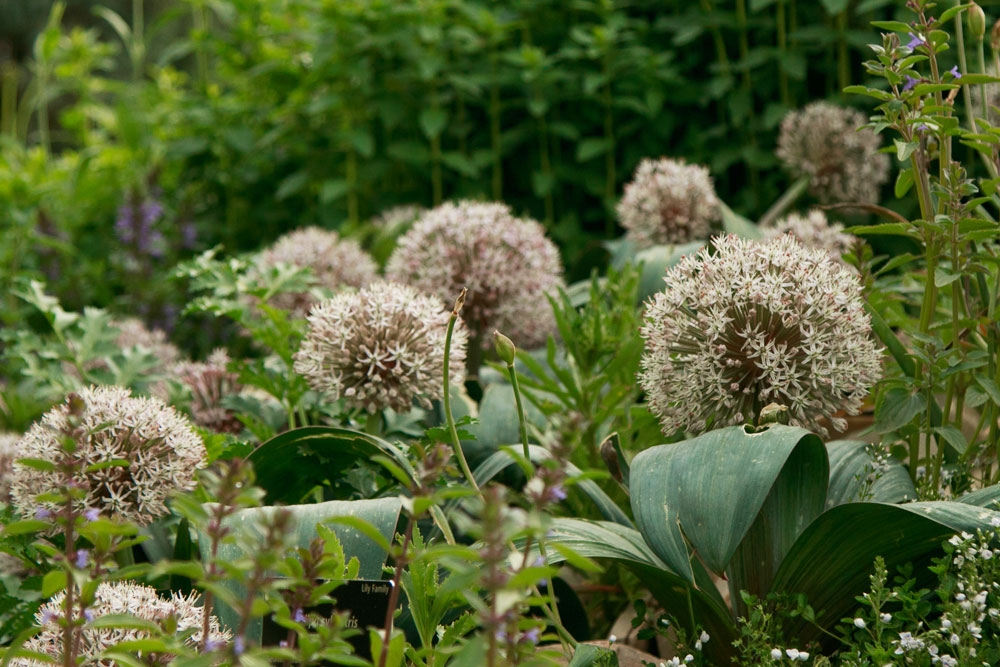
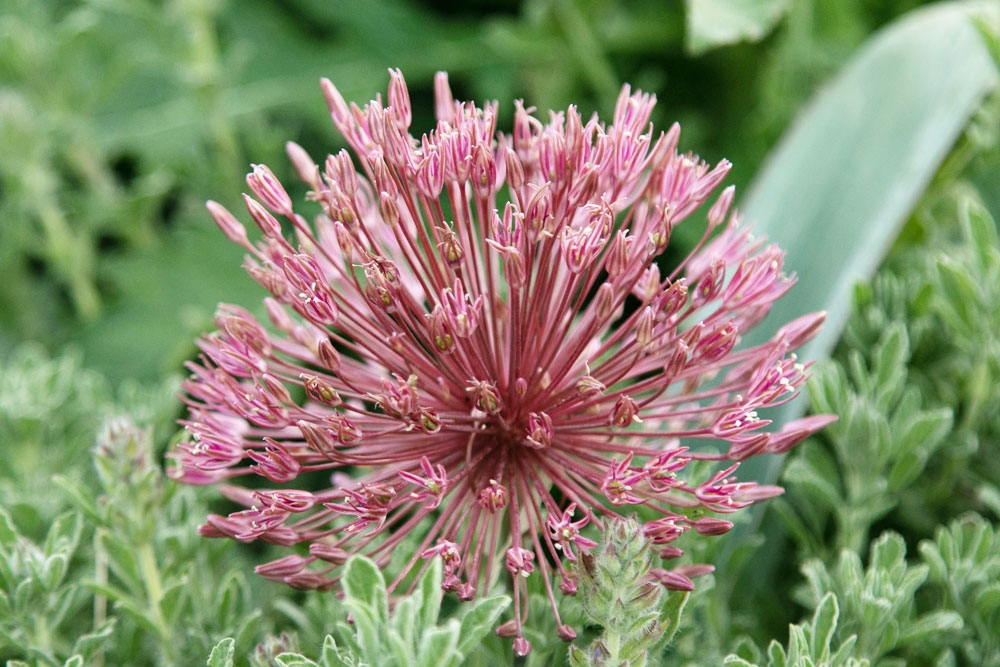
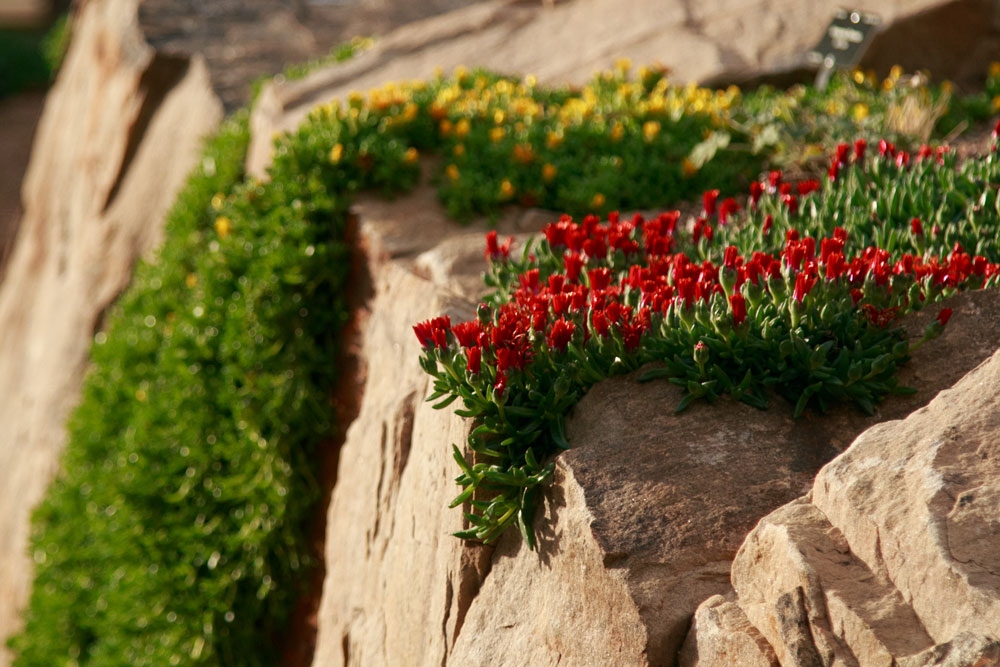
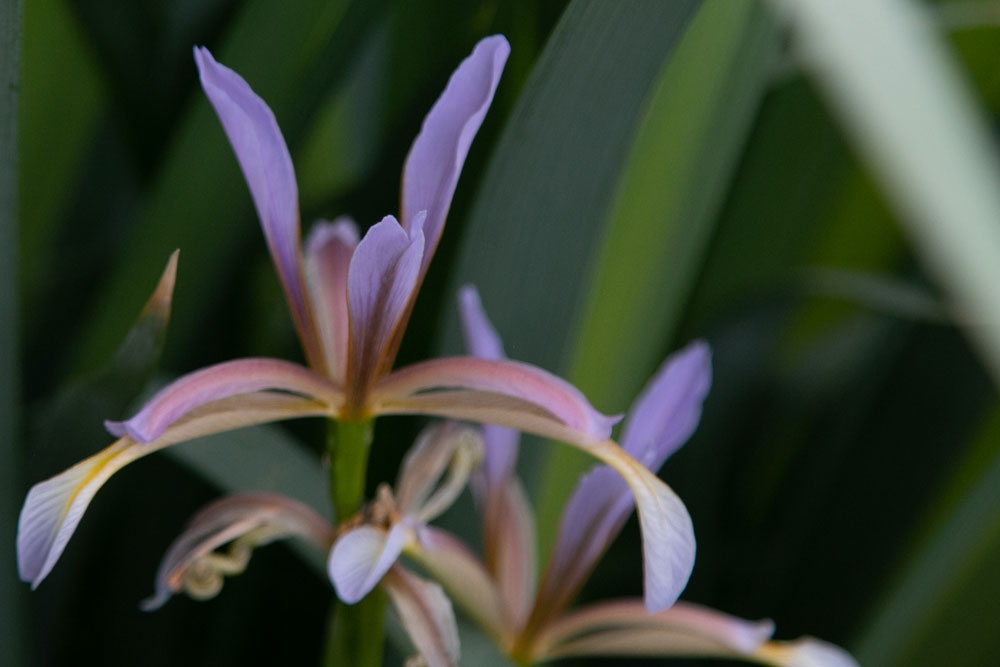
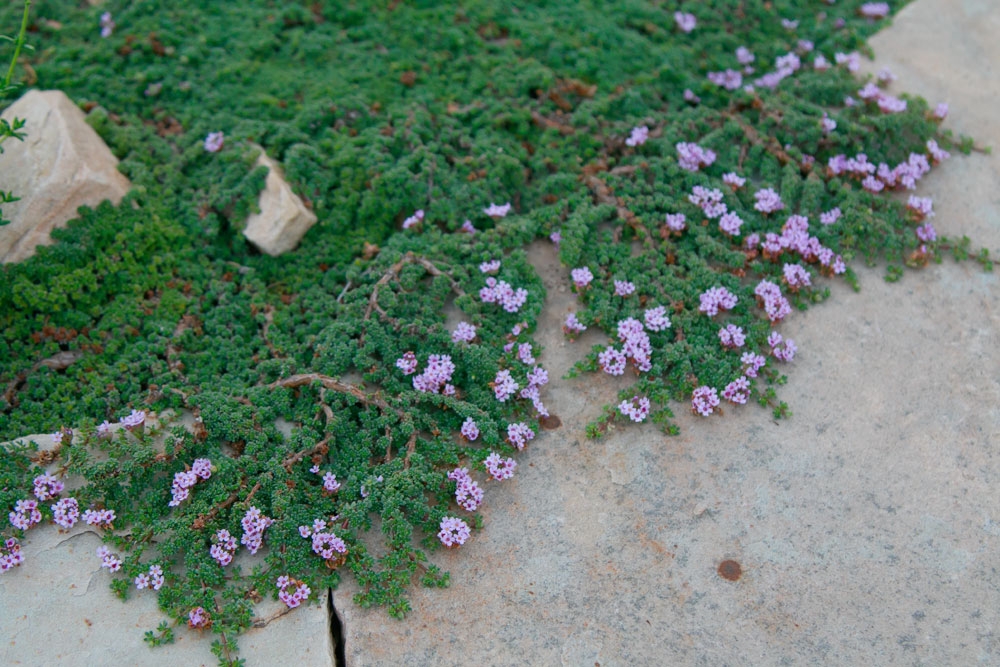

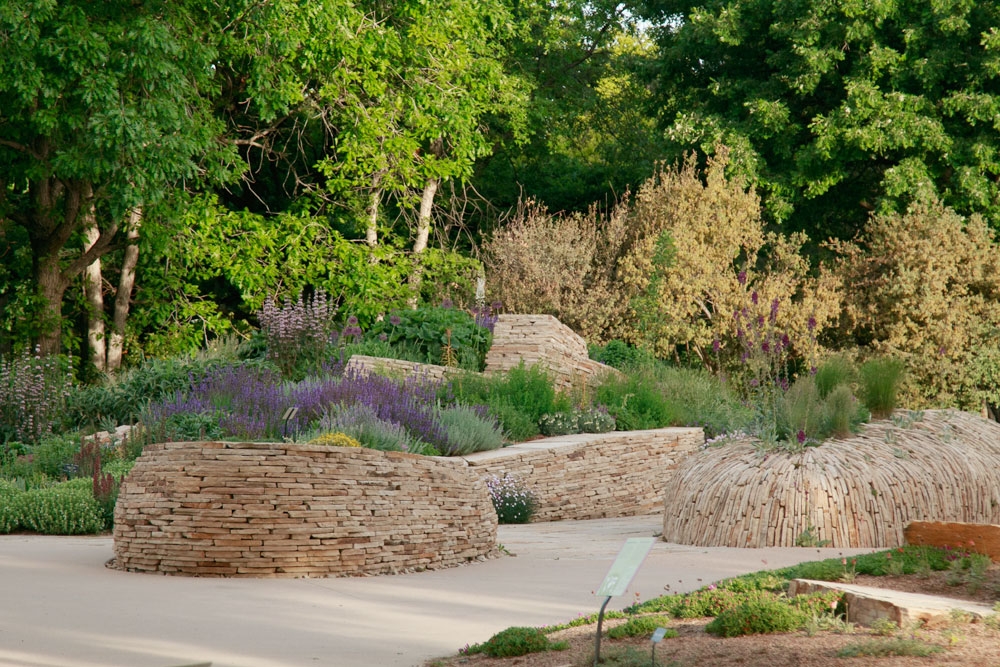
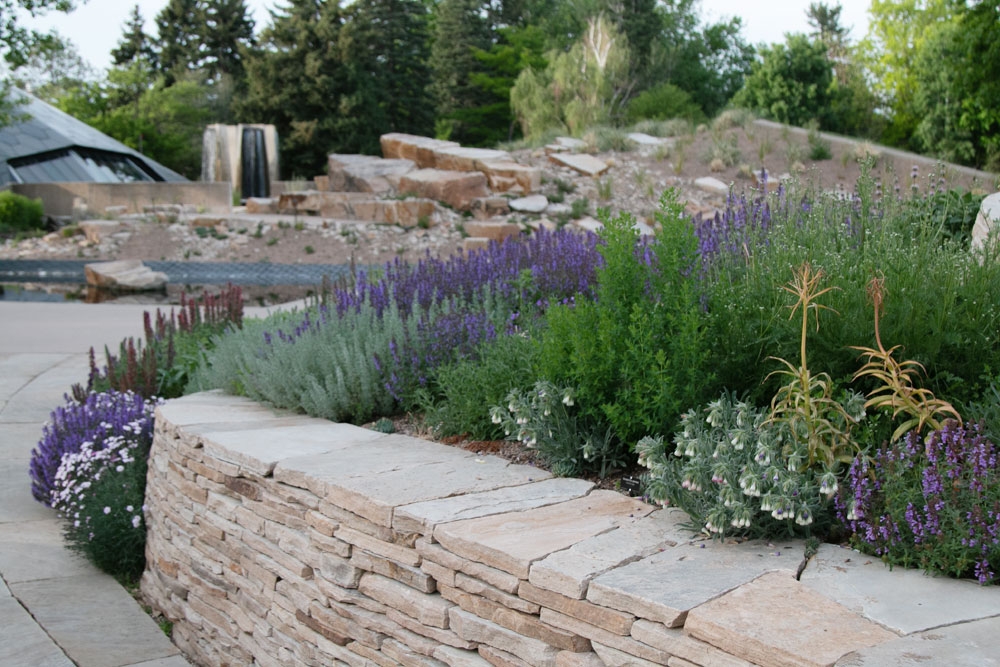
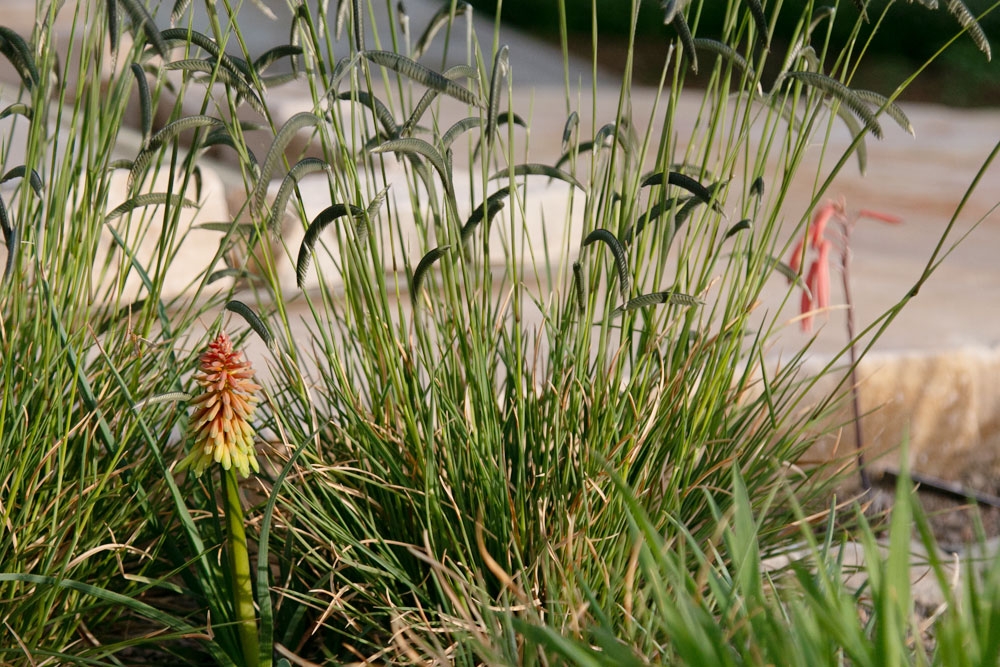
Add new comment